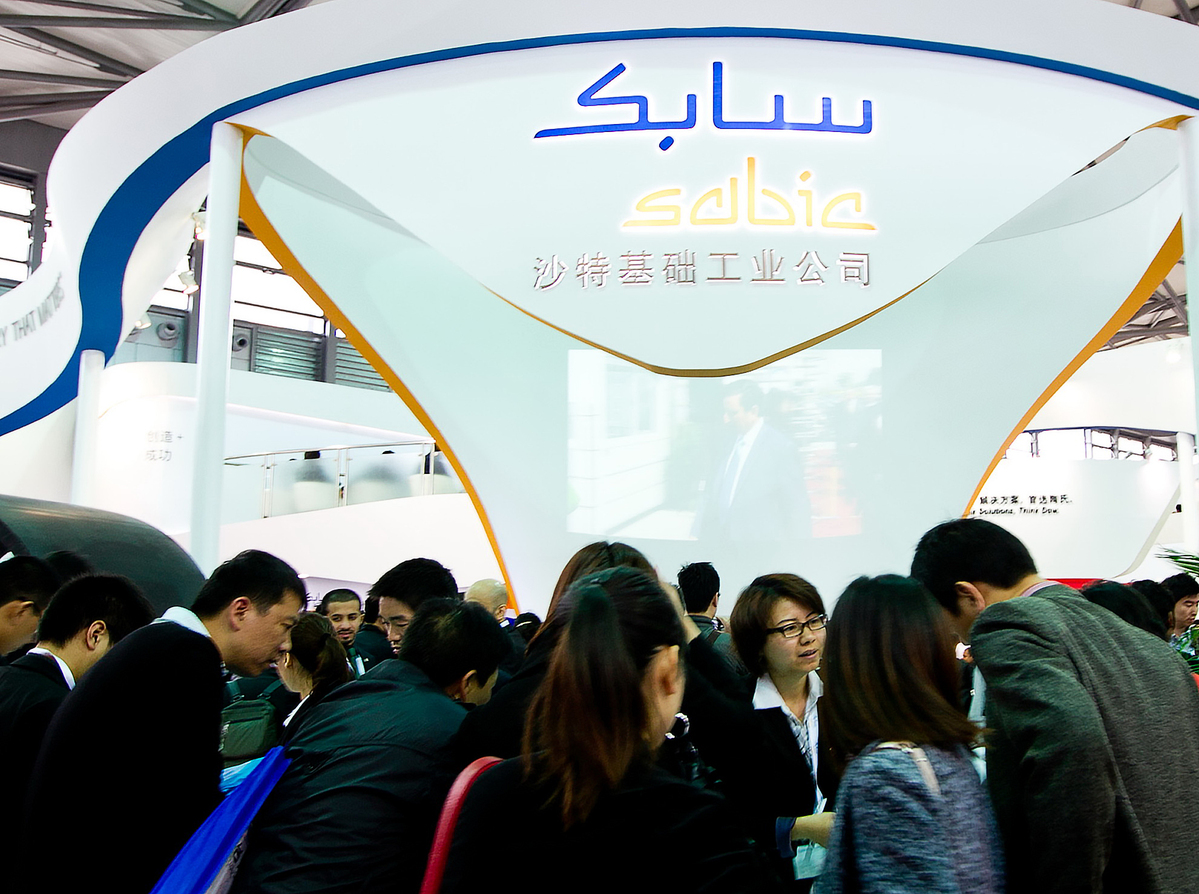Technical edge offers key to innovative solutions


Petrochemicals firm SABIC plans to leverage advanced polycarbonate technology, focus on high-quality chemical products
SABIC, the Middle East's largest petrochemicals company headquartered in Riyadh, Saudi Arabia, said it will continue investing in the Chinese market with a new polycarbonate plant in Tianjin under construction.
As the Chinese government continues to protect foreign investments to better ensure investors' rights, SABIC vows to take advantage of its technical edge to focus on high-quality chemical products, leveraging the company's advanced polycarbonate technology.
The Chinese market is becoming increasingly attractive to foreign multinationals as China's economy matures, and we are committed to the Chinese market, it said.
While it continues to deepen energy cooperation with old partners, the company plans to seek new partnerships for sustainable development in the future.
In an interview with China Daily, Yousef Abdullah Al-Benyan, vice-chairman and CEO of SABIC, shared his thoughts on China's policy on foreign enterprises and foreign investment, and its plans for local business development.
What progress has China made in streamlining government functions to raise efficiency?
SABIC has cooperated with the Chinese government on multiple projects and is impressed by its efficiency and enthusiasm toward them. These include a memorandum of understanding signed with the Administration Committee of Guangzhou Nansha Development Zone in Guangzhou at the end of 2017 and recently, an investment MoU with Fujian provincial government for a petrochemical project in Fujian province.
By cutting red tape, shortening the negative list on market entry, helping companies obtain business permits earlier as well as many other efforts, the government is building a far more attractive investment environment and showing its commitment to further opening-up.
This will allow international enterprises to collaborate deeply with local businesses and import our expertise and experience, benefiting local communities. Lubricating the cogs that power this process will be truly beneficial for China in the long run, and will benefit the economy throughout Asia.



































